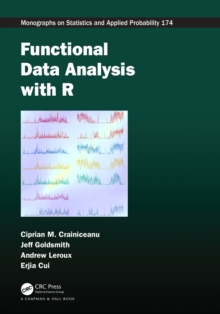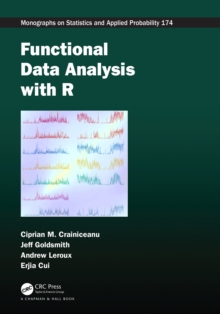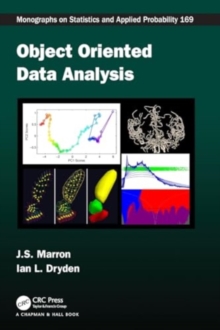
Measuring Statistical Evidence Using Relative Belief Paperback / softback
by Michael Evans
Part of the Chapman & Hall/CRC Monographs on Statistics and Applied Probability series
Paperback / softback
Description
A Sound Basis for the Theory of Statistical InferenceMeasuring Statistical Evidence Using Relative Belief provides an overview of recent work on developing a theory of statistical inference based on measuring statistical evidence.
It shows that being explicit about how to measure statistical evidence allows you to answer the basic question of when a statistical analysis is correct. The book attempts to establish a gold standard for how a statistical analysis should proceed.
It first introduces basic features of the overall approach, such as the roles of subjectivity, objectivity, infinity, and utility in statistical analyses.
It next discusses the meaning of probability and the various positions taken on probability.
The author then focuses on the definition of statistical evidence and how it should be measured.
He presents a method for measuring statistical evidence and develops a theory of inference based on this method.
He also discusses how statisticians should choose the ingredients for a statistical problem and how these choices are to be checked for their relevance in an application.
Information
-
Out of stock
- Format:Paperback / softback
- Pages:250 pages, 8 Illustrations, black and white
- Publisher:Taylor & Francis Ltd
- Publication Date:30/06/2021
- Category:
- ISBN:9781032098562
Other Formats
- Hardback from £155.00
- PDF from £41.39
Information
-
Out of stock
- Format:Paperback / softback
- Pages:250 pages, 8 Illustrations, black and white
- Publisher:Taylor & Francis Ltd
- Publication Date:30/06/2021
- Category:
- ISBN:9781032098562










